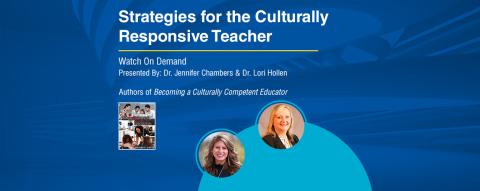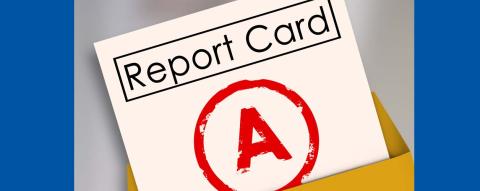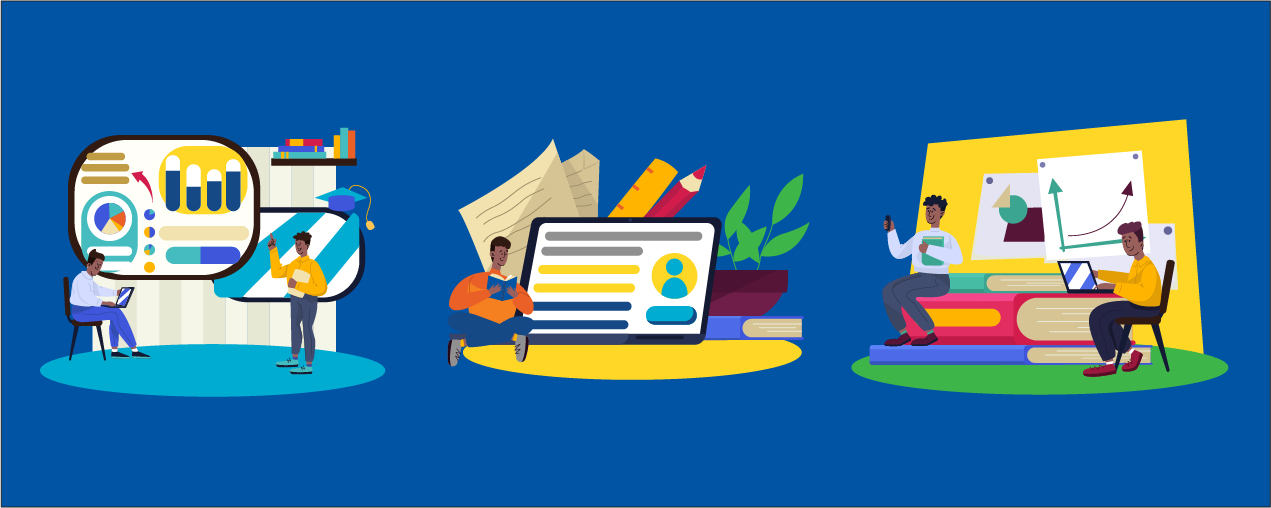
Tips for Preparing for Mid-Term Exams
Flexing the MID-TERM MEMORY Muscle
When mid-terms roll around, many students struggle with reducing anxiety and finding the most effective study tactics. However, with intentional strategy, students can increase confidence for tests in even the most challenging courses. Here are some study actions students should take (and some they should avoid) to help ensure a smooth and successful mid-term:
THERE IS NO NEED to RE-read all course material.
Learning occurs within a context. Therefore, merely re-reading course material (textbook or notes) at mid-term will not work when studying for mid-term exams. It will be ineffective and frustrating.
THERE IS NO NEED to make/use flashcards.
Flashcards are ONLY effective if you will be tested on the individual meanings of single words, such as language vocabulary or technical terms. Flashcards do not generate understanding because there is no context.
WHAT TO DO INSTEAD:
DO approach the information covered in the course as complete ideas with details as support and explanation.
STEP 1 - Lay out the big picture of all material to be covered. There are only between 6-10 major ideas that will have been covered in any academic course by mid-term (about 1 per week). List them on paper.
STEP 2 - Under each idea write all that you know about it. This uncovers gaps in your knowledge that you can research and write out. Practice writing out responses to any specific questions the instructor has provided so you are ready to answer each question in the required format.
DO study for an exam according to how the exam will be given. The exam format determines the way you study. Every course is a bit different, (as determined by the course instructor), and requires a different type of preparation. Ask your instructor about the topics to be covered, number of questions, and how much time you will have.
Essay & math exams require showing your original work/analysis of topics.Often, instructors will tell you which topics will be on the exam. However, even if they don’t, you will only be tested on those covered in the first half of the course.
Multiple choice exams require knowledge of specific details in relation to major ideas.
Vocabulary exams require knowing or recognizing definitions. (This is the only situation where flashcards, which you personally make, are helpful.)
ALLOW PLENTY OF TIME for your brain to process the material. At least 2 nights of restful sleep before the exam is required for a concept to fully form.
FINALLY, PRACTICE taking the exam. This works for ALL subjects.
STEP 1 - Have a final self-test where you practice taking the mid-term exam in the form it will be given; it is your “dress rehearsal.”
STEP 2 - Use a clock if the exam will be timed to get used to time pressure.
STEP 3 – Practice until you are accurate and satisfied that you know all that will be required and can answer within the amount of time you will be given. You will succeed to the level of your competence in taking the practice exam.
When you are comfortable with all that you have put together, both your knowledge base and your understanding will be solidified. Your confidence will be elevated, and you will be successful!
Enjoy your success!
About the Authors' Publication
This is a small snippet of the work included in Study Sense: What Memory Research Tells Us about Studying in College by Kristina and John Klassen.
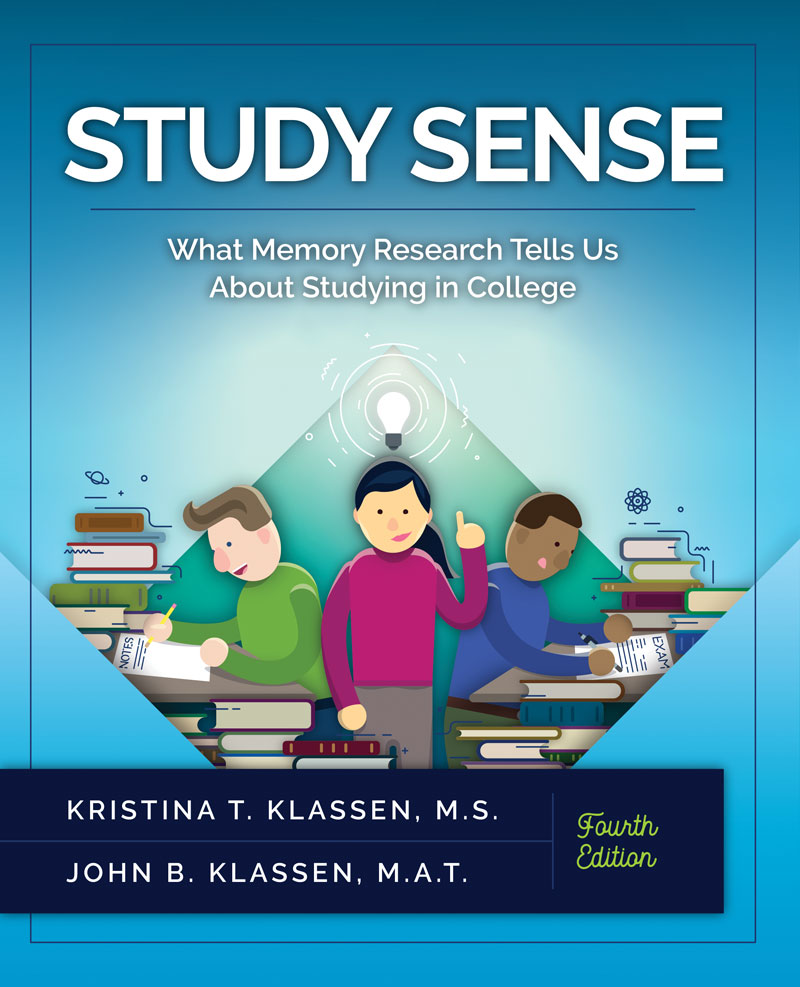 Based on researched principles of how memory functions, Study Sense clearly and simply lays out the beauty of learning, beginning with learning to listen and going on to apply memory principles directly to the process of study.
Based on researched principles of how memory functions, Study Sense clearly and simply lays out the beauty of learning, beginning with learning to listen and going on to apply memory principles directly to the process of study.
Using Study Sense opens an entirely new vista of confidence for students that they can master what appear to be even the most difficult courses. It empowers them to fully understand any subject for themselves at the level of their instructors. Simple, but powerful, sections include vital direction on managing online courses, sleep cycles, and time management for learners of all ages and backgrounds, both traditional students and adults returning to school.
Previous editions have been used successfully for over 20 years with rave reviews from both students and instructors. Students consistently report that Study Sense has increased their understanding and academic success while reducing their stress levels and overall study time. All report that they wish they had access to it earlier in their educational experience.
To reserve your copy, visit https://he.kendallhunt.com/study_sense
About the Authors
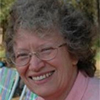 Kristina Klassen is an award-winning educator. Spanning over 50 years she has been teaching students from kindergarten through PhD level. She graduated with a Bachelor of Arts degree in psychology from UCLA and earned her Master of Science degree from Eastern Washington University in Applied Psychology, Community College Teaching Emphasis. Her masters’ thesis was on the effect of mechanical errors on both grades and instructors’ perceptions of both a student’s academic ability and personal character. Teaching awards include the coveted North Idaho College Faculty Achievement Award, for which she was nominated 3 times, the Outstanding Faculty Award given by the Associated Students, the Athletic Department Award for faculty support of student athletes, and “The Paladin’s Award” from a student club on campus for teaching excellence. She has been researching memory as applied to the study process for over 20 years.
Kristina Klassen is an award-winning educator. Spanning over 50 years she has been teaching students from kindergarten through PhD level. She graduated with a Bachelor of Arts degree in psychology from UCLA and earned her Master of Science degree from Eastern Washington University in Applied Psychology, Community College Teaching Emphasis. Her masters’ thesis was on the effect of mechanical errors on both grades and instructors’ perceptions of both a student’s academic ability and personal character. Teaching awards include the coveted North Idaho College Faculty Achievement Award, for which she was nominated 3 times, the Outstanding Faculty Award given by the Associated Students, the Athletic Department Award for faculty support of student athletes, and “The Paladin’s Award” from a student club on campus for teaching excellence. She has been researching memory as applied to the study process for over 20 years.
 John Klassen is an award-winning educator in technical and academic developmental math, specializing in practical mathematics for the trades. Since the time he graduated from the University of British Columbia his entrepreneurial efforts began 3 successful businesses and propelled him to acquire his Masters in Applied Teaching of Mathematics, becoming tenured faculty at North Idaho College, from which he is recently retired after 17 years. At North Idaho College he developed individual courses specifically for each of the trade programs: Carpentry, Electronics, Welding, Maintenance Mechanics, Heating/Air Conditioning, and Machine Technology. On the academic side, he taught Math in Modern Society, Elementary Algebra, Intermediate Algebra, College Algebra, and Trigonometry.
John Klassen is an award-winning educator in technical and academic developmental math, specializing in practical mathematics for the trades. Since the time he graduated from the University of British Columbia his entrepreneurial efforts began 3 successful businesses and propelled him to acquire his Masters in Applied Teaching of Mathematics, becoming tenured faculty at North Idaho College, from which he is recently retired after 17 years. At North Idaho College he developed individual courses specifically for each of the trade programs: Carpentry, Electronics, Welding, Maintenance Mechanics, Heating/Air Conditioning, and Machine Technology. On the academic side, he taught Math in Modern Society, Elementary Algebra, Intermediate Algebra, College Algebra, and Trigonometry.

